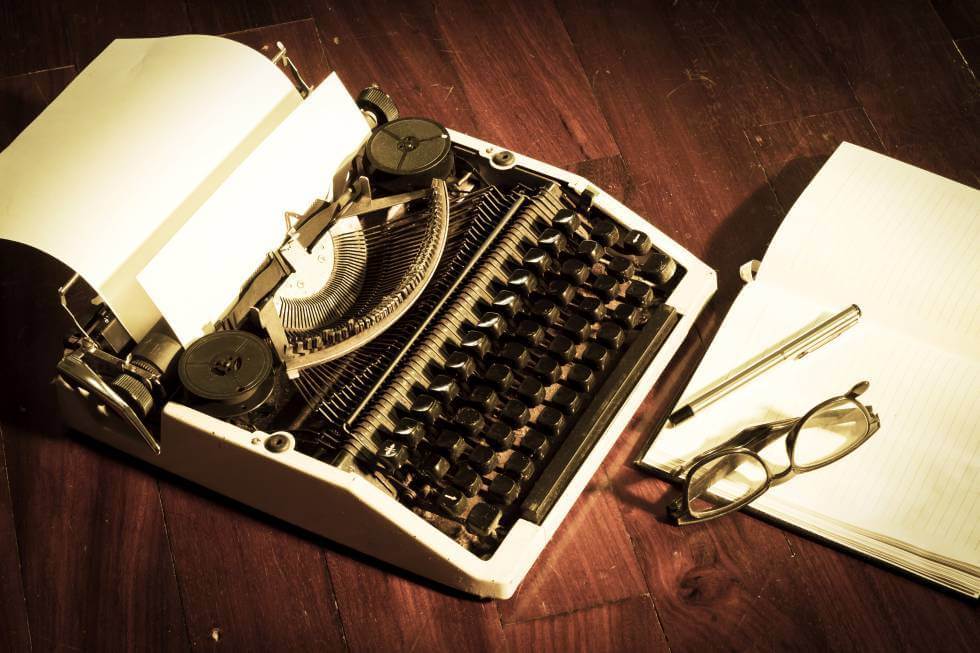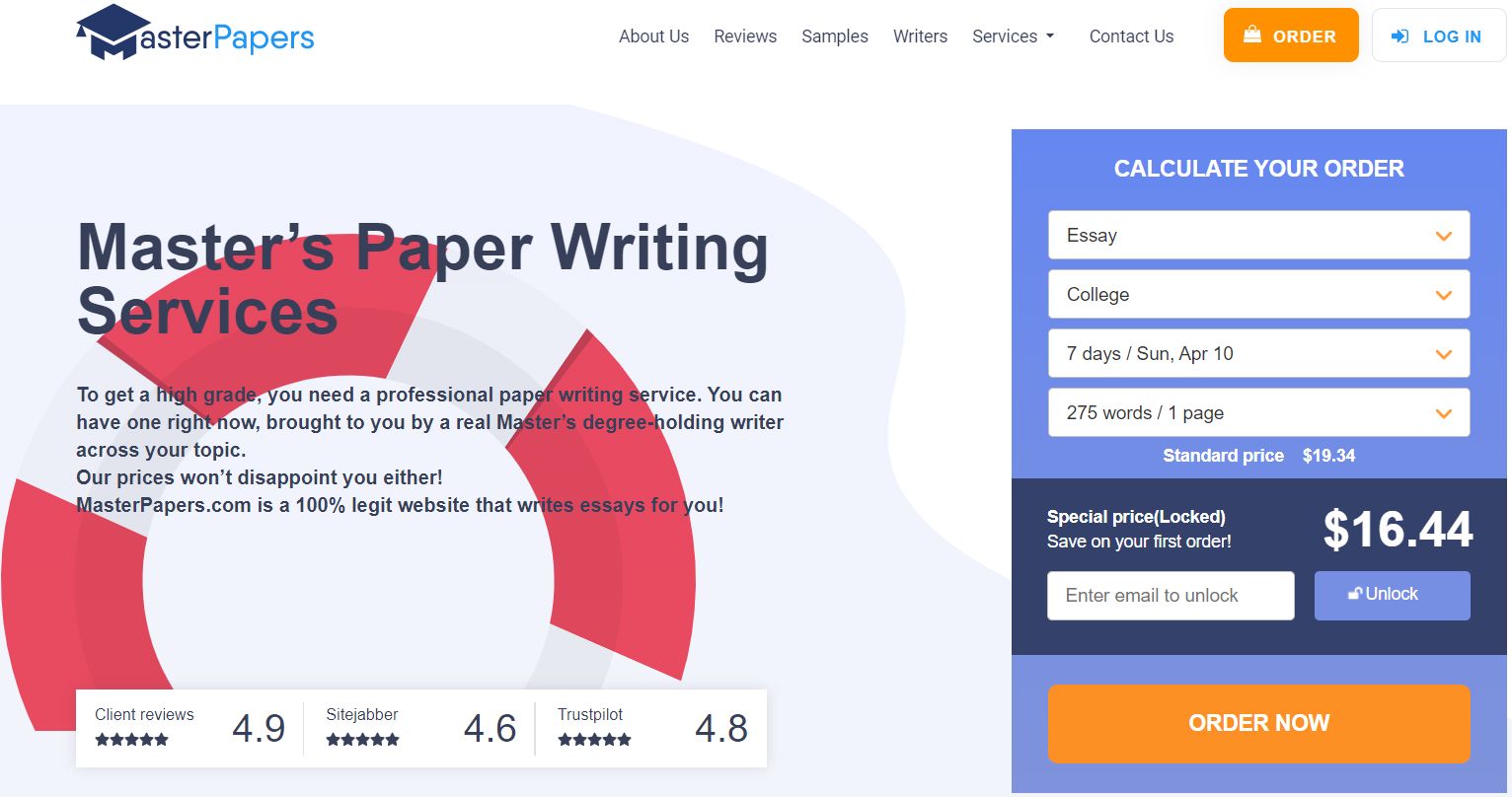How to fight your diffidence and become a good writer
Publication Date: 08 April 2021
Writing can be tough. Honestly, it’s hard almost every time. You sit in front of a blank page and have absolutely no idea where to start. This is the point where some of us meet the painful procrastination, torture yourself with guilt and thoughts that your skills are weak, or even decide to not write at all.

Doesn’t matter if you’re a dedicated author who has lost inspiration, or a student who needs to write an essay. There are several simple yet effective ways to go through the writing process and get a good text in the outcome.
Let’s start with finding the way to your first draft. In general, there are two types of writers: architects and explorers. Find out what kind of a writer you are, this is how you’ll know your weak side and ways to improve the process.
Architect writers
They spend too much time on research and this can easily lead to procrastination. They always think that a little more time spent on analysis never killed nobody and can procrastinate till the deadline.
If you belong to that type of writer, you are very good at monitoring and analyzing information but not the best time manager. That’s not the end of the world and even doesn’t mean that you’re bad at writing. Perfection is a hard work but you can’t make it in one moment.
Architects usually have a lot of drafts with different thoughts but it’s hard for them to make it together. Use a snowflake writing method to develop your ideas. Don’t think about the final result, concentrate on evolving your snowflake and editing each paragraph, that is how you can fight the procrastination. Remember that perfection is a myth. Start with 20 minutes of editing and you’ll feel that it’s not that scary like it was a 100 words earlier.
If you’ll ask an athlete what is the secret of their success, they will mention three things:
- motivation
- system
Explorer writers
They usually start to write immediately but have problems with coming to a final thought and structuring. That’s the type of authors that have a kind of inner dialog as they write and may not even know what they think on the subject until they start to write. So, your main problem will be editing. Try to make a strict plan of your writings and follow it.
To optimize the working process, if you’re an explorer, try to outline some important thoughts in another document to make a specific plan and don’t be afraid to make a mess. Joanne Rowling once said in an interview that at first, you should allow yourself to write badly, write complete nonsense because this is a vital stage that you cannot jump over.

And there are some don’ts for you to complete the idea:
- Don’t rate yourself. Let your thoughts float easy, show flexibility.
- Don’t comment. Any negative comment or criticism will spoil your mood and affect the creative process.
- Don’t edit. Don’t let your internal editor get in control. Editing is the work of the left hemisphere of the brain and it doesn’t participate in the idea crafting process.
- Don’t worry. Fear ruins creativity.
No need to tell that every writer is their worst critic. But how to overcome your inner skeptic?
- Let yourself go. Write anything you want, just kill that fear of blank page.
- Don’t be afraid to write poorly, your goal is to write.
- Try to finish your every work.
- Let your mind some rest to look on the plot from the other side.
- Write every day, make it a good habit
No author ever said that writing is easy. Some have triumphs and tribulations, other stick to the idea that you should write over your anxiety and lack of motivation. But what every professional writer will say is that you can’t improve your skills without practice. Mastery comes with experience, and as we know, in order to become a master in something you need 1% of talent and 99% of practice. And remember that with every line written you’re becoming a better writer. Good luck!






